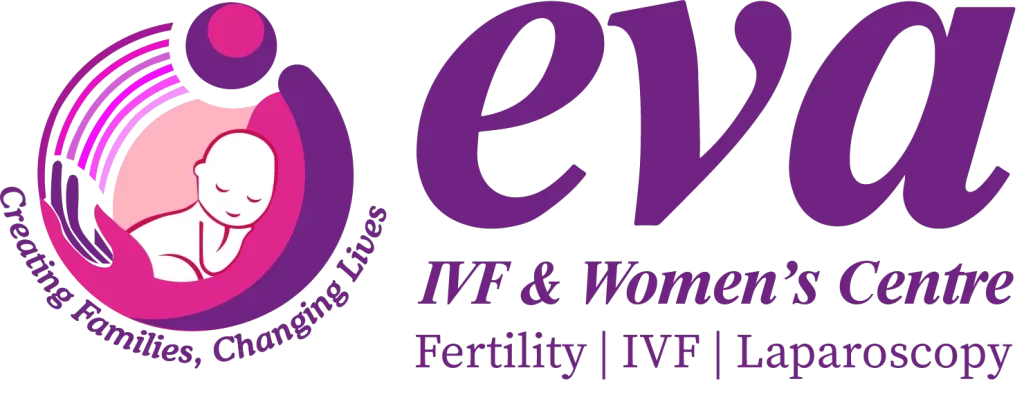Natural and Assisted Ways to Boost Fertility
What Causes Infertility?
Infertility in women can be caused by various factors, and it often involves a combination of physical, hormonal, and lifestyle factors. Here are some common causes of female infertility:
- Ovulatory disorders:
Problems with ovulation are a common cause of infertility.
- Fallopian tube blockage or damage:
Blockages or damage to the fallopian tubes can prevent the egg from traveling to the uterus and the sperm from reaching the egg.
- Uterine issues:
Abnormalities in the uterus, such as uterine fibroids, polyps, or congenital malformations, can interfere with implantation and pregnancy.
- Age:
Female fertility tends to decline with age because the quantity and quality of eggs diminish, making it more difficult to conceive.
- Pelvic adhesions:
Scar tissue (adhesions) in the pelvic area can result from previous surgeries, infections, or endometriosis, potentially causing fertility problems.
- Weight issues:
Both underweight and overweight women may experience fertility issues.
- Stress:
Chronic stress may affect reproductive hormones and disrupt the normal menstrual cycle, potentially impacting fertility.
- Medical conditions:
Certain medical conditions, such as diabetes, autoimmune disorders, and genetic
conditions, can affect fertility.
How to Boost Fertility Naturally:
Boosting fertility can involve a combination of natural approaches and, if necessary, assisted approaches. It’s important to note that individual responses to these approaches can vary, and consulting with a healthcare professional or fertility specialist is crucial for personalized advice. Here are some general strategies for boosting fertility:
Natural Approaches:
- Maintain a healthy lifestyle:
Eat a balanced diet rich in fruits, vegetables, whole grains, and lean proteins.
- Manage stress:
Practice stress-reducing techniques such as yoga, meditation, deep breathing, or mindfulness. Ensure adequate sleep and relaxation.
- Avoid exposure to harmful substances:
Minimize exposure to environmental toxins and pollutants. Be cautious with medications and discuss their potential impact on fertility with your healthcare provider.
- Address underlying health issues:
Manage chronic conditions such as diabetes or thyroid disorders. Treat infections or reproductive health issues promptly.
Assisted Approaches:
- Fertility medications:
Your doctor may prescribe medications to stimulate ovulation or regulate hormonal imbalances.
- Intrauterine insemination (IUI):
Sperm is directly placed into the uterus during the woman’s fertile window to increase
the chances of fertilization.
- In Vitro Fertilization (IVF):
IVF involves combining eggs and sperm outside the body in a laboratory.
- Donor eggs or sperm:
In cases of severe male or female infertility, using donor eggs or sperm may be an option.
- Surrogacy:
If carrying a pregnancy is not possible, a surrogate may carry the pregnancy on behalf of the intended parents.
In Eva IVF and women center if a couple is not conceiving naturally ,we use advanced assisted techniques to make couples to become parents.
